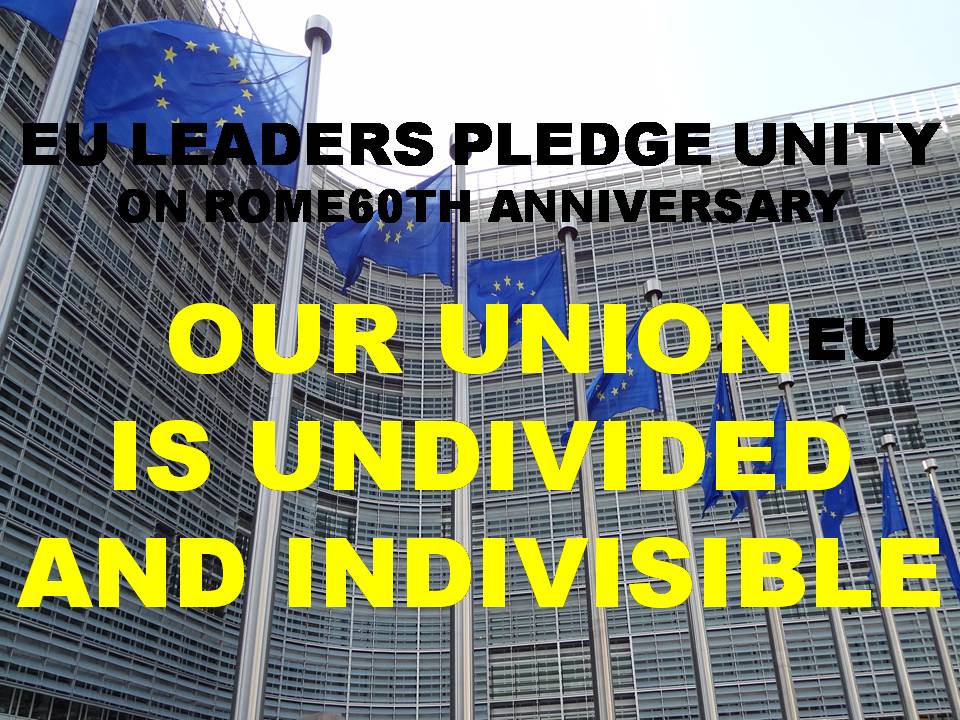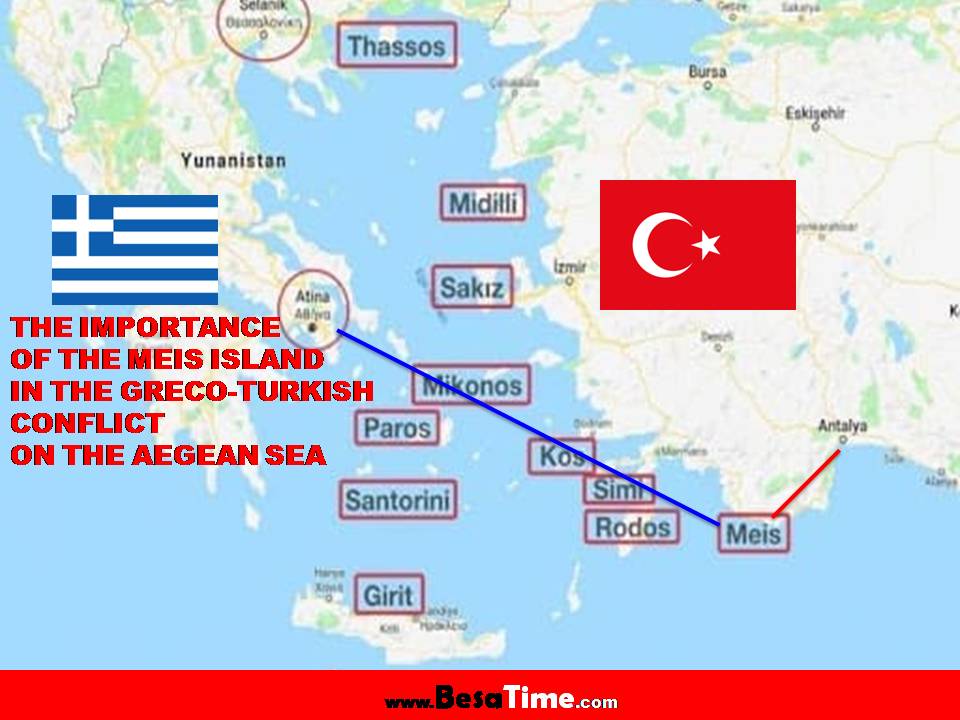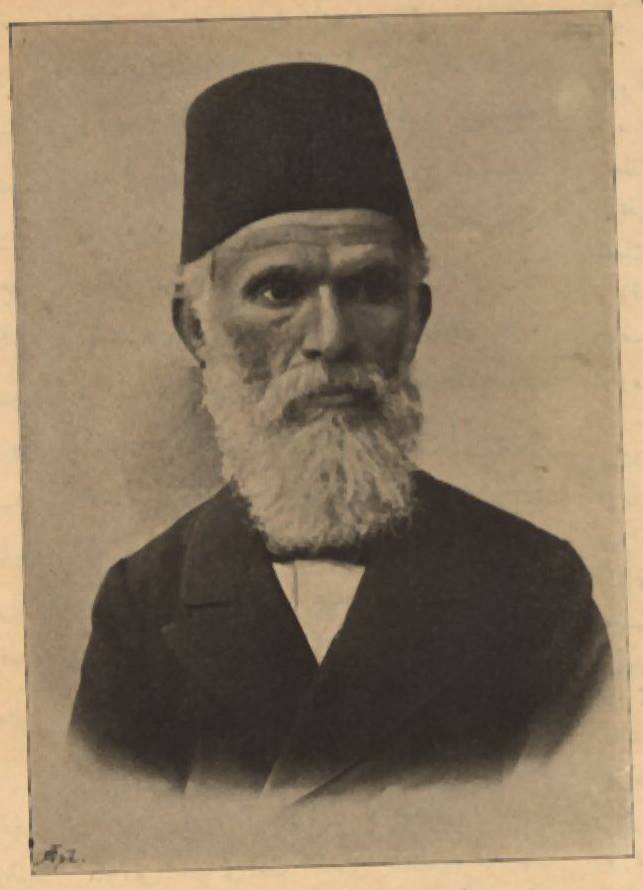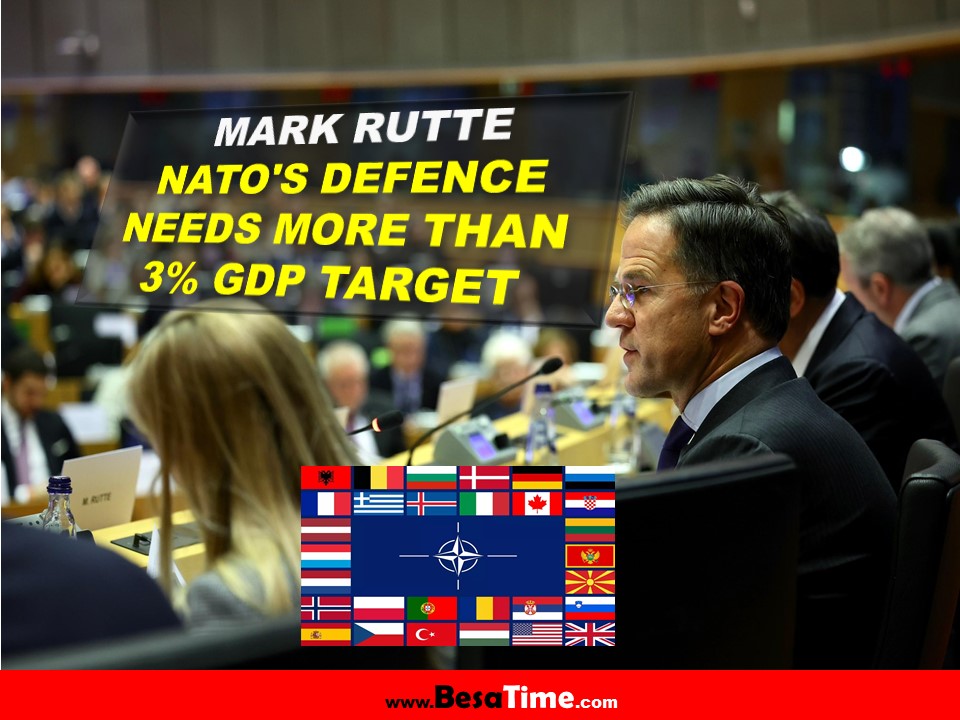
BESA TIME®
True News PortalNEW GEOPOLITICAL BLOCS WILL GOVERN THE FUTURE
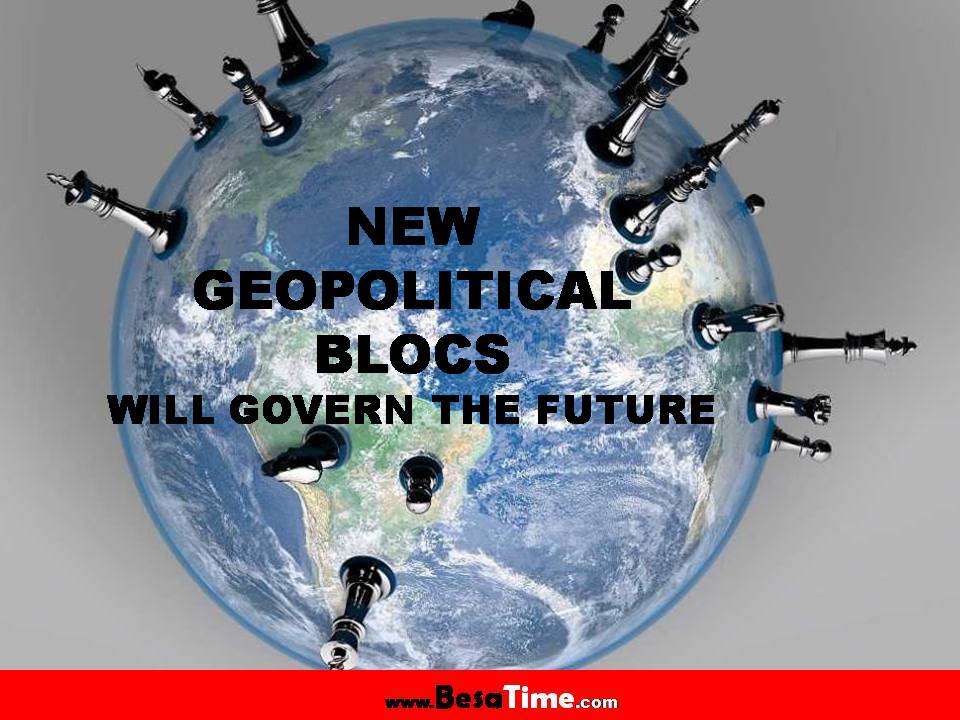
NEW GEOPOLITICAL BLOCS WILL GOVERN THE FUTURE
By Abishur Prakash*
The world is splitting into multiple groups, both formal and informal, which will reshape everything from supply chains to sustainability.
As nations across the world look to transition to electric vehicles, a new geopolitical bloc is forming in Latin America that could “call the shots” for everybody — from China to Tesla.
This new “lithium alliance” being eyed by Mexico, which nationalized its lithium industry earlier this year, would bring the country together with Argentina, Bolivia and Chile — the four nations controlling most of the world’s lithium — as they seek to govern the production and trade of a resource that’s fast becoming one of the most critical commodities in the world.
But this isn’t an isolated event.
The world is entering a period of “vertical globalization,” with new geopolitical blocs forming across the globe. And as the world splits into multiple groups, these new blocs — both formal (i.e., alliances) and informal (i.e., trade corridors) — could reshape everything from supply chains to sustainability.
In the Indo-Pacific, the United States has proposed “Chip 4,” a semiconductor alliance with Japan, South Korea and Taiwan, with the goal of establishing supply chains for chips that don’t rely on China and stopping Beijing’s technological rise. The alliance is being pushed just as the “Semiconductor Manufacturing International Corporation” — the largest chipmaker in China — unveils an advanced bitcoin mining chip in defiance of U.S. sanctions, and as new radical ideas are surfacing in Chinese society, like levying a 400 percent tax on smartphones sold in the country that use foreign chips rather than Chinese ones.
Meanwhile, in the Middle East, Israel and the United Arab Emirates (UAE) have joined hands with India and the U.S. to launch “I2U2,” a new bloc to advance innovation. The group’s first meeting concluded with an array of agreements, ranging from the UAE building “food parks” that employ “climate smart technologies” across India to the U.S. funding solar power projects in India in order to create more sustainable energy options for the world.
And in Central Asia, while Kazakhstan wants to redesign the flow of physical and digital trade across Eurasia, China has been building what’s known as the “Northern Corridor” — a corridor connecting Asia and Europe via Russia and Belarus — as part of the Belt and Road Initiative (BRI) for several years.
As the war in Ukraine is now making this corridor unstable, however, Kazakhstan has proposed the alternative “Middle Corridor” — also within the context of the BRI — which would connect Asia and Europe via Turkey. This, of course, creates a new conundrum for the U.S., which wants Europe to decouple from Russia but may well end up pushing European companies deeper into China’s arms.
With all these emergent new blocs, the world is moving away from a “one group for all” approach at rapid speed. The old era of globalization is ending, and the new alliances and corridors that are forming will only drive more global fragmentation, generating big shocks for governments and businesses alike.
For one, many of these new exclusive blocs created by the U.S. no longer involve America’s traditional allies, like Canada, France or Germany. Rather, besides the United Kingdom, the U.S. is doubling down on the Indo-Pacific, which presents a dilemma for its old partners in Europe and the Middle East: Should they stick with the U.S., or place their bets elsewhere?
Companies will also be affected by whatever geopolitical blocs their governments join, and as such, they’re creating their own blocs as well. A pact has already been signed between SK Telecom and Deutsche Telekom to build a “Metaverse Alliance,” and companies like Tesla have expressed interest in building their own supply chains for resources.
Lastly, while all eyes are on the West or Asia, Africa is entering the spotlight too. Recently, the African Union (AU) held its 3rd Africa Integration Day under the theme of African integration and de-globalization. And the AU is already making it clear to the continent’s companies that they should become self-reliant and not depend on the rest of the world.
The global economy has been open and accessible for decades now, but there’s a new realignment underway, splitting the world along new faultlines.
Many of these faultlines are ideological — a massive shift from recent decades, when ideology appeared to be disappearing. Equally important, it is clear that the decisions these new blocs make won’t just be felt by countries or companies but also by ordinary people.
In the near future, there will be multiple blocs competing to govern the world. And these blocs will have to coexist with one another, while finding creative ways to bring countries — and companies — into their corner. The question is, how far will these blocs go to enforce their ideas? And, what happens when coexistence inevitably proves difficult? By Abishur Prakash* Politico
*Abishur Prakash is a co-founder and geopolitical futurist at Center for Innovating the Future (CIF), an advisory firm based in Toronto, Canada. He is also the author of five books and a global speaker. His latest book is called, “The World Is Vertical: How Technology Is Remaking Globalization.”

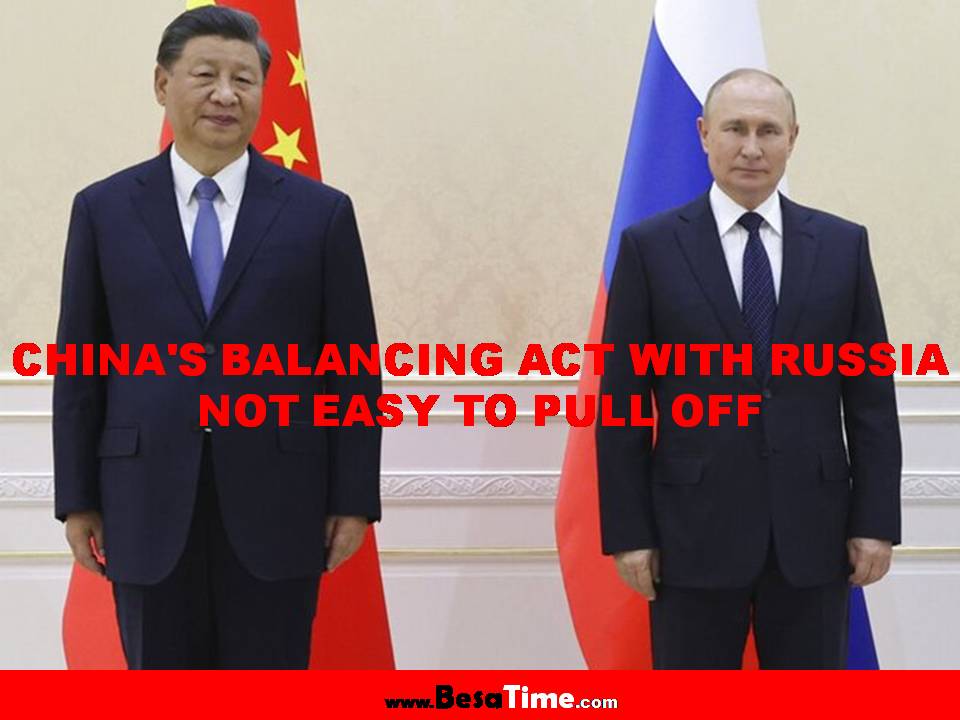
CHINA'S BALANCING ACT WITH RUSSIA NOT EASY TO PULL OFF
CHINA'S BALANCING ACT WITH RUSSIA NOT EASY TO PULL OFF Analysts “China, at least publicly, is not wanting to condemn Russia, but privately we can imagine that China is saying to Russia, look, this war is hurting you. It's hurting...
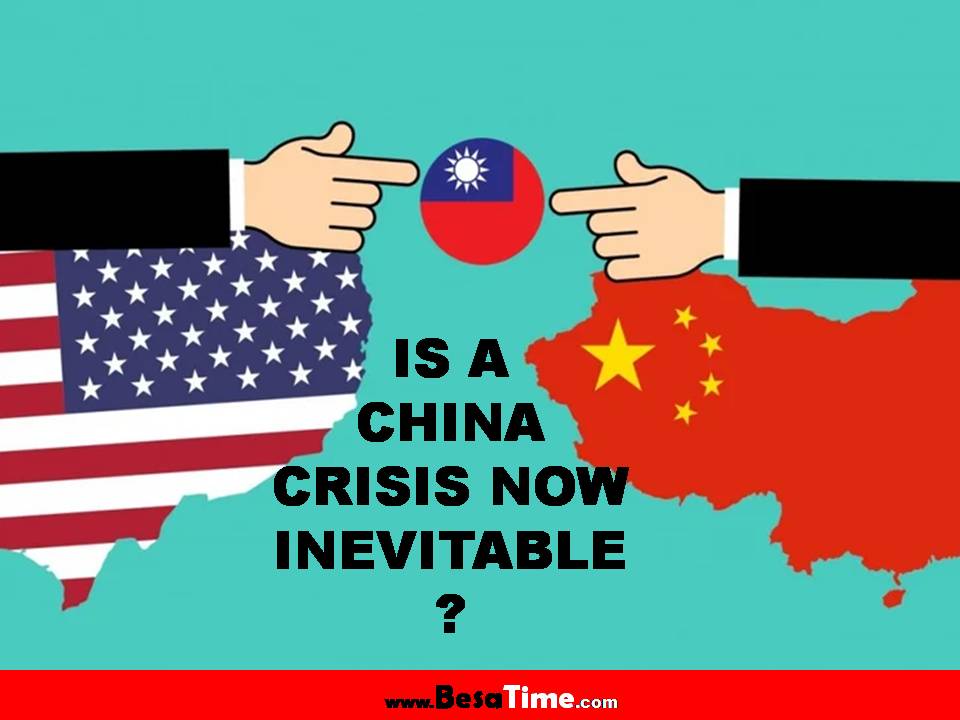
IS A CHINA CRISIS NOW INEVITABLE?
IS A CHINA CRISIS NOW INEVITABLE?...
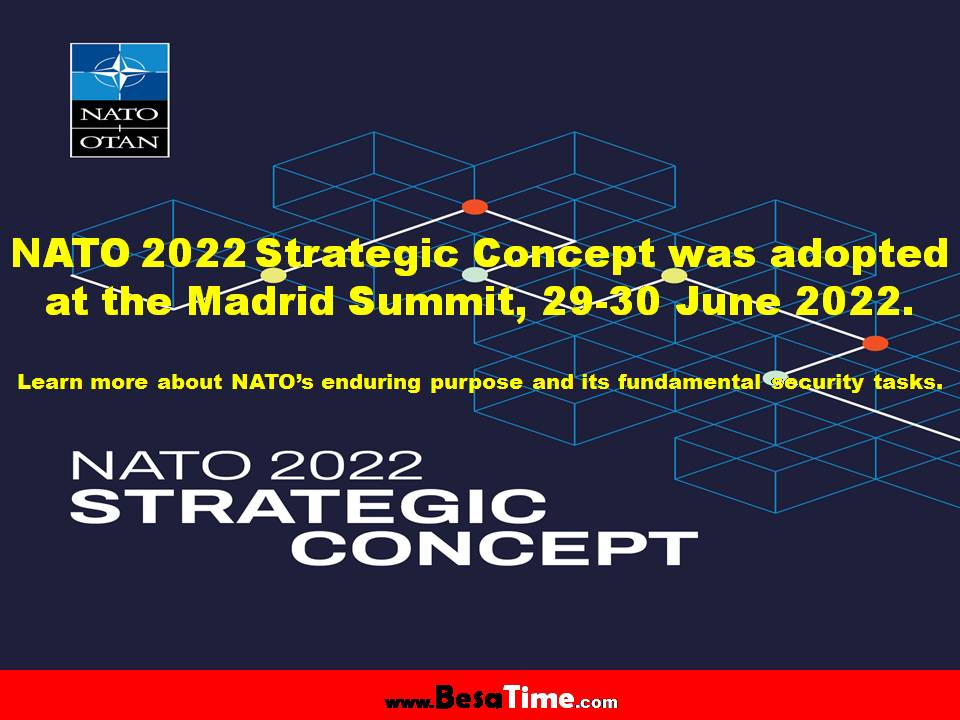
NATO 2022 Strategic Concept was adopted at the Madrid Summit, 29-30 June 2022
NATO 2022 Strategic Concept was adopted at the Madrid Summit, 29-30 June 2022...
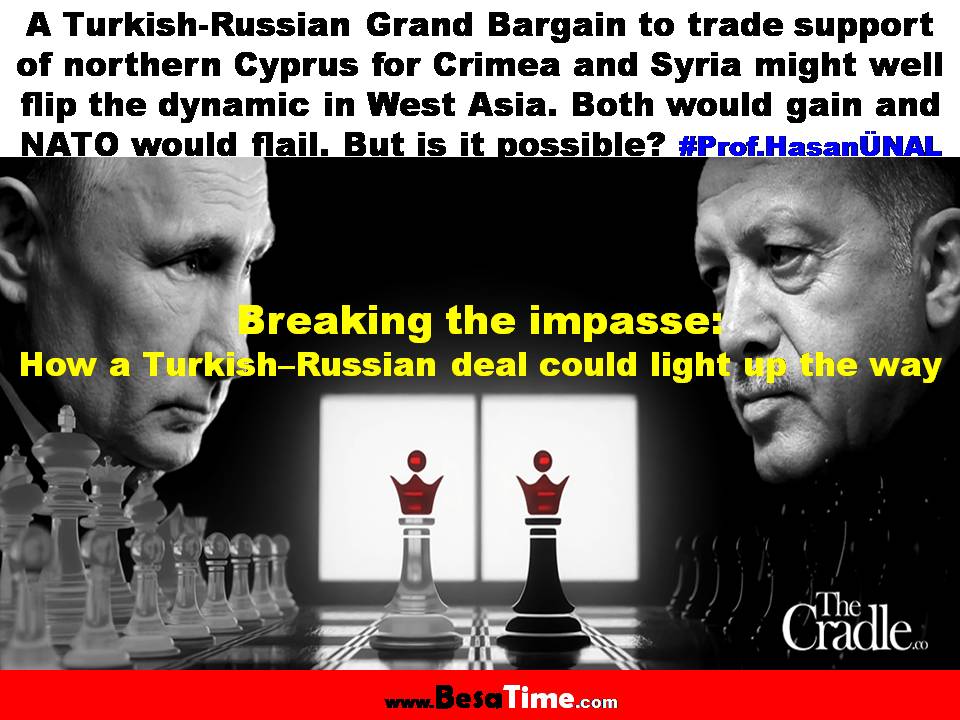
Breaking the impasse: How a Turkish–Russian deal could light up the way
Breaking the impasse: How a Turkish–Russian deal could light up the way A Turkish-Russian Grand Bargain to trade support of northern Cyprus for Crimea and Syria might well flip the dynamic in West Asia. Both would gain and NATO...
